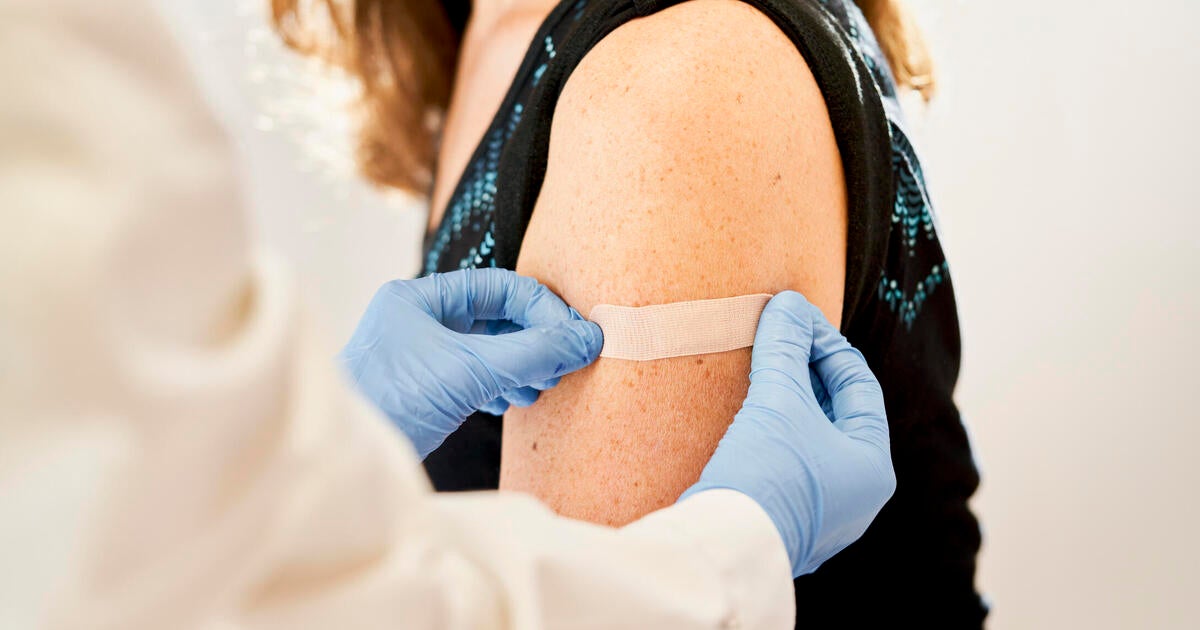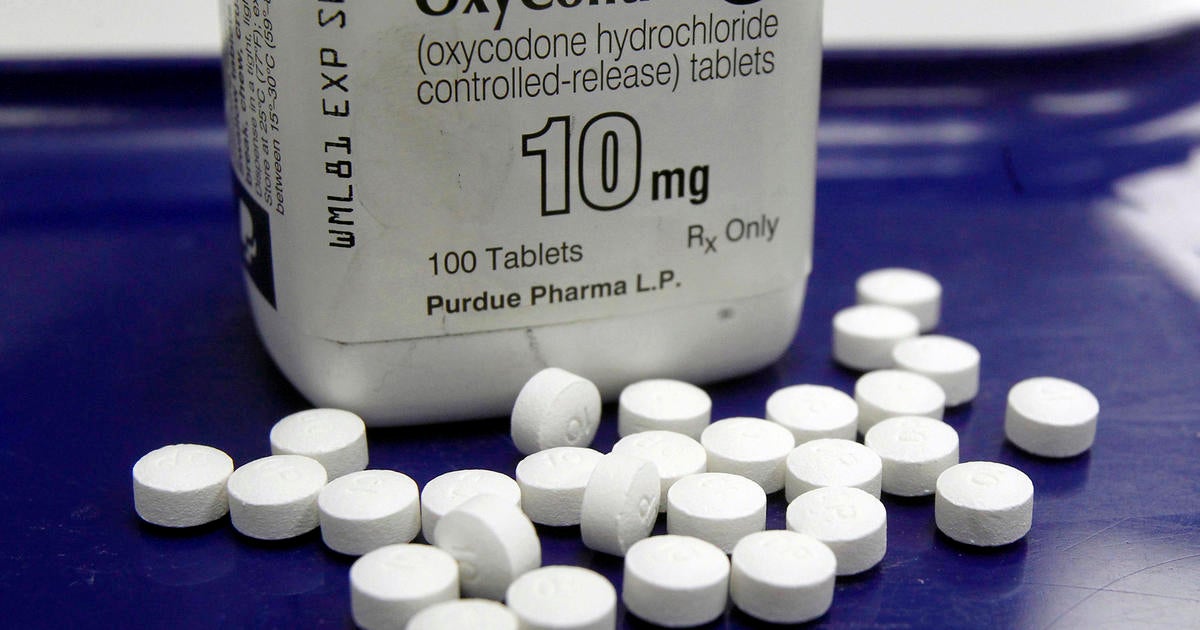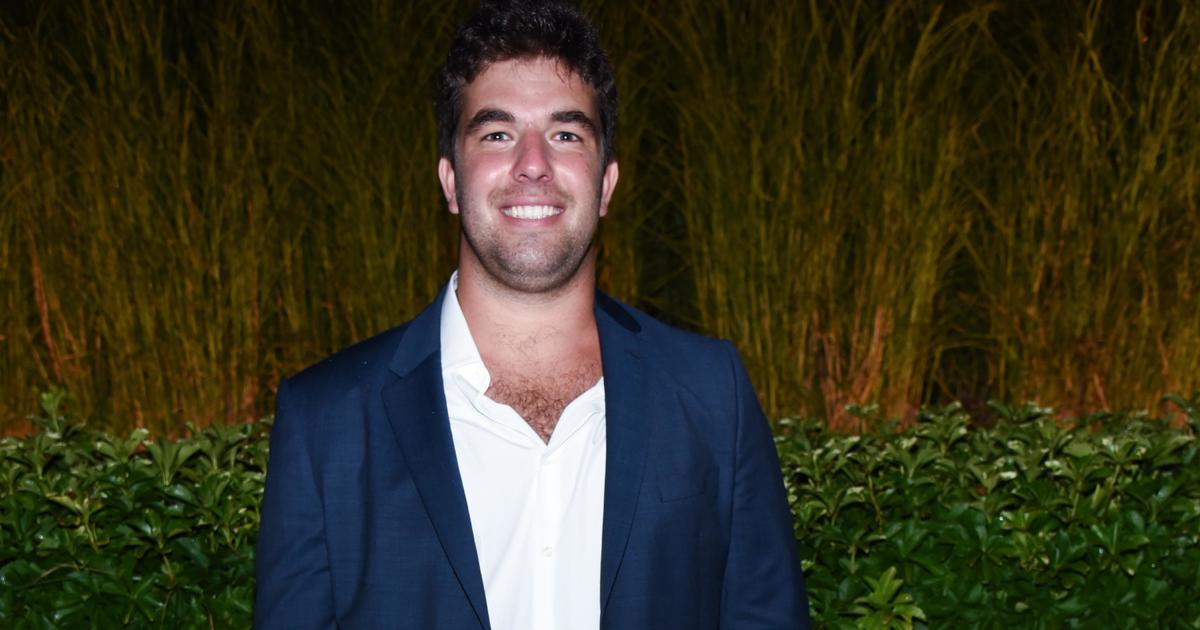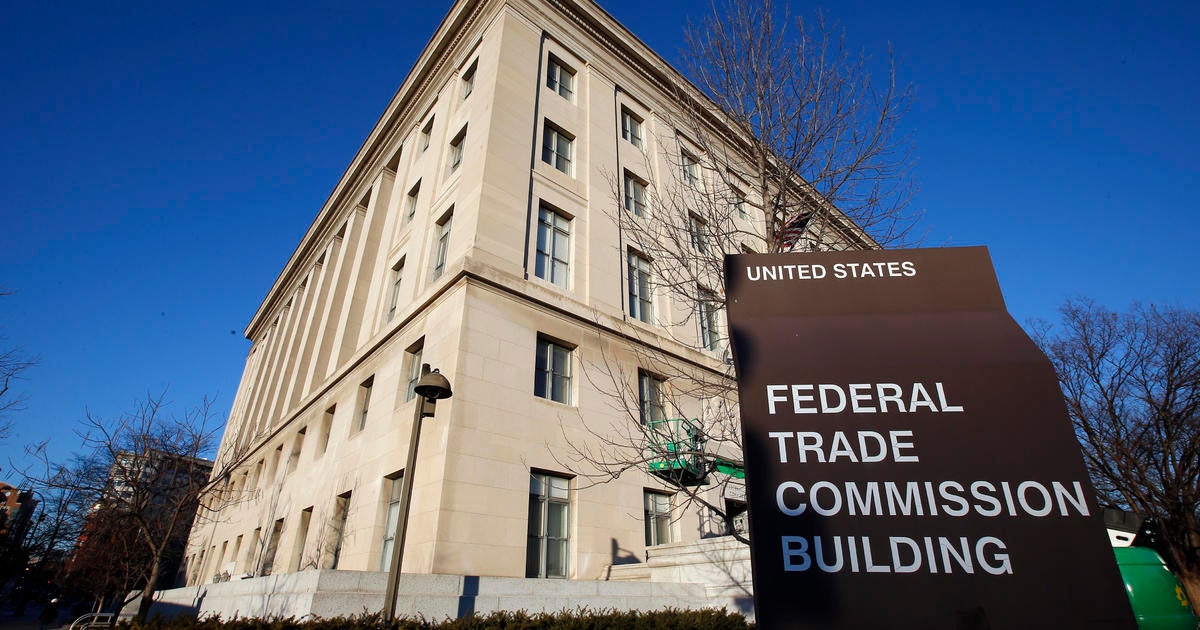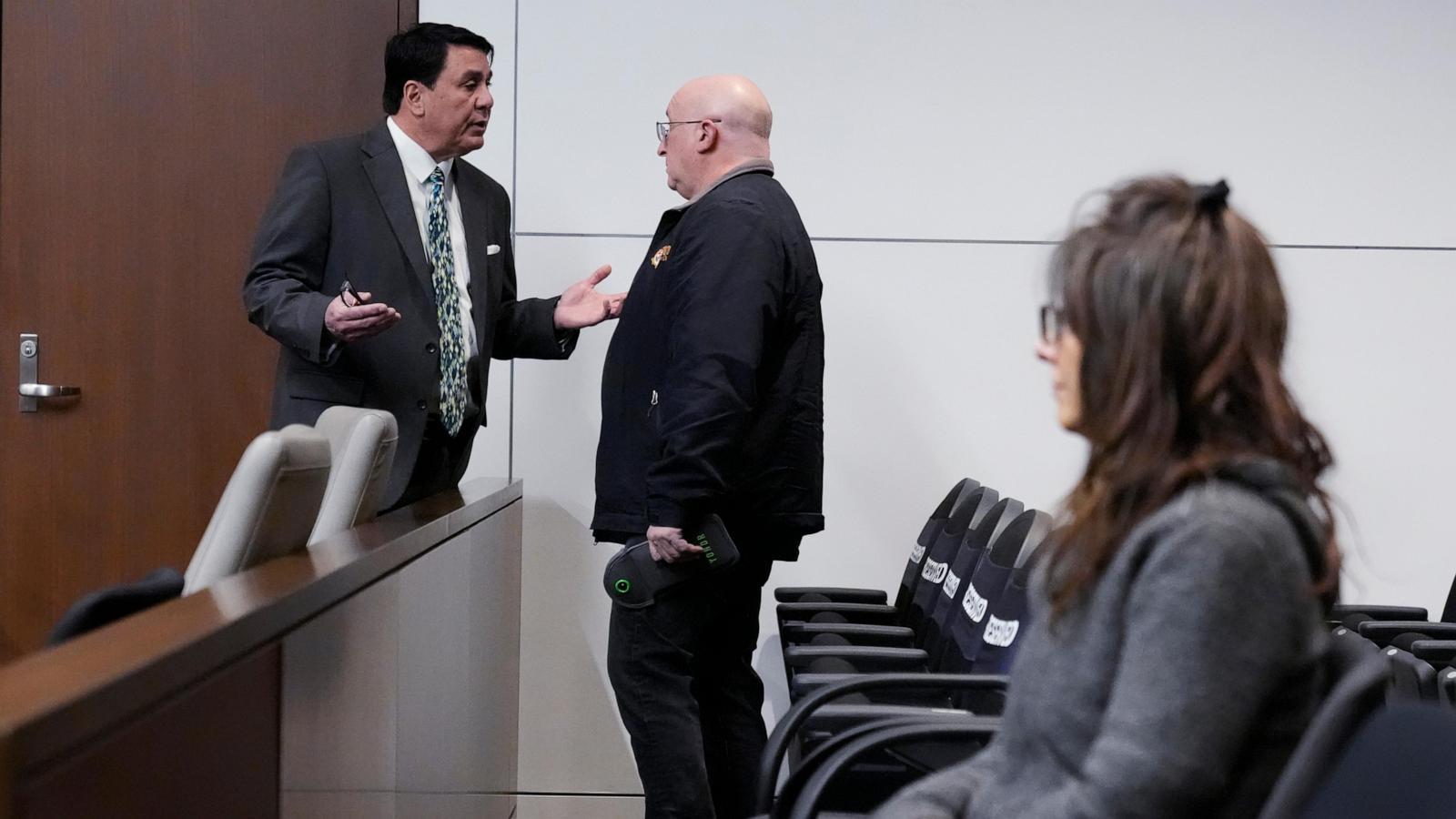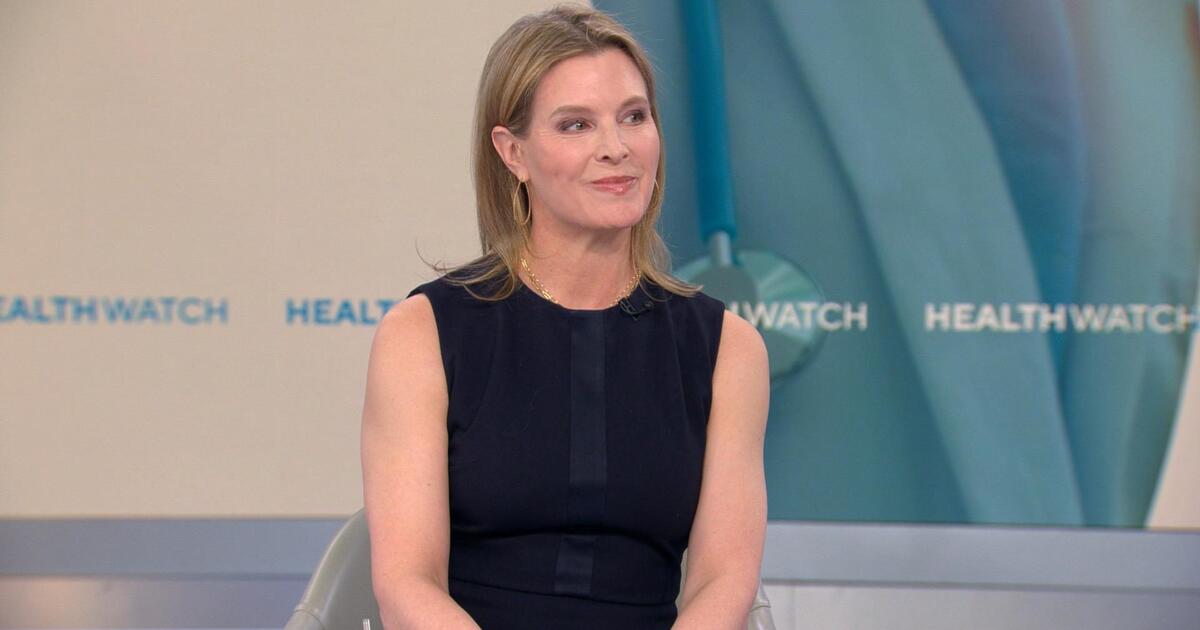Measles outbreak grows to nearly 100 cases
A measles outbreak in the U.S. has grown to nearly 100 cases, prompting questions about how to stay safe. The outbreak is primarily affecting children and teenagers in Texas, nearly all of whom were unvaccinated. Nine cases have been reported in New Mexico.
The Texas health department has reported at least 16 hospitalizations in the outbreak, as of Feb. 21. In some cases, measles can cause severe infections in the lungs and brain that can lead to cognitive issues, deafness or death.
While measles is one of the most contagious infectious diseases, doctors say the vaccine, normally given as part of the combination measles-mumps-rubella (MMR) vaccine, is highly effective and safe.
Most people have protection that lasts for life after getting vaccinated in early childhood. But, some may want to consider a booster shot.
Dr. Céline Gounder, CBS News medical contributor and editor-at-large for public health at KFF Health News, said on “CBS Mornings” Monday the need for another dose depends on your age and vaccination history.
“There is a very specific group that does have to worry about their immunity from vaccination. People born after 1957 but vaccinated before 1968 — that group is unlikely to have robust immunity from infection,” she said, because “at that point in time, they were using less effective vaccines.”
There are also other people who could potentially benefit from getting a booster.
“I myself have gotten boosted in the past because I work in health care, I’ve worked overseas and I’ve worked in places where there was an active measles outbreak,” she said.
When do you get the measles vaccine?
The American Academy of Pediatrics recommends children get vaccinated with their first dose between the ages of 12 to 15 months.
“That’s after the antibodies you get from your mom, through the placenta and through breast milk have faded away, so that the vaccine will actually work — so there’s a logic to when we vaccinate,” Gounder explained.
Then, the second dose is recommended at about 4 to 6 years. And for most people, this will protect you for life, Gounder said.
“One dose gives you 95% vaccine effectiveness, two doses, 97%,” she added. “It’s not perfect, but it’s very close.”
Without vaccination, measles can be deadly.
About 1 in 5 unvaccinated people with measles will be hospitalized and up to 3 of every 1,000 children infected will die, data from the Centers for Disease Control and Prevention shows.
What if I don’t know my measles vaccine history?
If you’re unsure if or when you were vaccinated against the measles, start by tracking down your vaccination records, Gounder advised. But, if you can’t find those details, there is “no harm in getting an extra dose,” she said, adding that no blood test confirmation is needed.
“That’s actually what we would advise to do, as opposed to getting a blood test to see if there are antibodies — just get a booster if you’re in doubt,” she said.
Who shouldn’t get a measles booster?
“There are certain groups where, unfortunately, we cannot vaccinate,” Gounder said, including people who are immunocompromised. “We cannot boost you safely, because it’s a live vaccine.”
A live vaccine contains a weakened version of the virus that is unable to cause disease but is still able to trigger the body’s immune system to produce antibodies against it.
People with certain life-threatening allergies should also not receive an MMR vaccine, according to recommendations from the CDC.
The CDC also recommends certain groups of people wait for a period of time before getting vaccinated, including those who are pregnant, those with a recent blood transfusion, those who received other vaccines recently and those who are severely ill.
Talking to a physician about your specific situation is the best way to know if you’re a candidate for an MMR vaccine.

